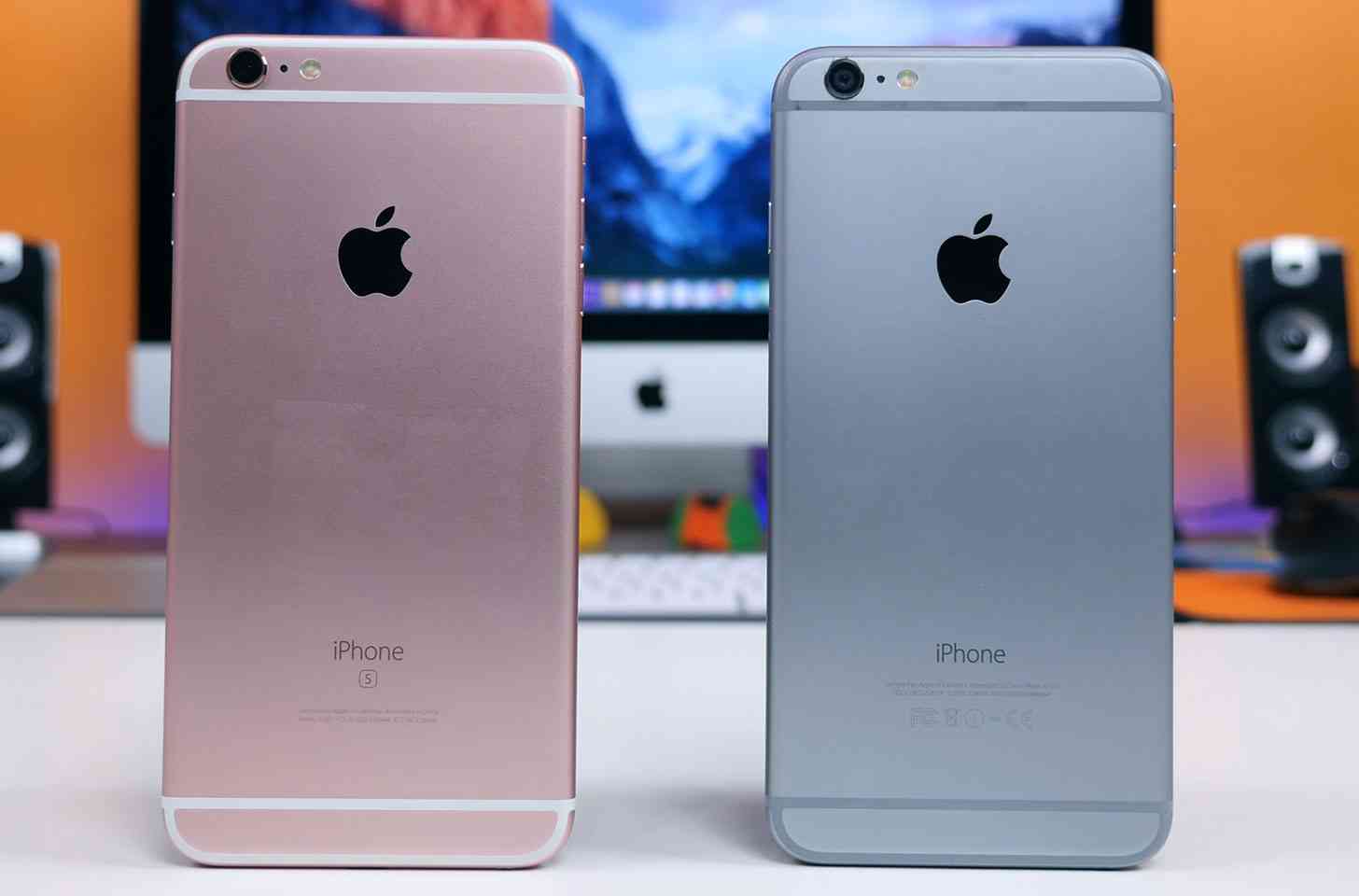
Remember back in 2017 when Apple admitted to slowing down older iPhone models? The company has now agreed to a settlement in a class action lawsuit over the issue.
Apple has agreed to pay up to $500 million as part of the class action settlement. The preliminary settlement calls for Apple to pay $25 per iPhone to consumers, but that number could go up or down depending on how many iPhones are eligible for the settlement. Apple's minimum total payout is $310 million.
The settlement includes U.S. owners of the iPhone 6, iPhone 6 Plus, iPhone 6s, iPhone 6s Plus, iPhone 7, iPhone 7 Plus, and iPhone SE that ran iOS 10.2.1 or later. It also includes owners of the iPhone 7 and iPhone 7 Plus that ran iOS 11.2 or later before December 21, 2017.
While it has agreed to a settlement, Apple hasn't actually admitted to any wrongdoing. The court papers say that Apple has settled so that it can avoid the burden and cost of litigation, reports Reuters.
Complaints about Apple slowing down older iPhones began popping up in late 2017 when data showed a link between lower processor performance and weakened battery health. Apple confirmed that in the iOS 10.2.1 update, it included a feature to smooth out instantaneous peaks of performance to prevent unexpected device shutdowns that could happen with older batteries. That feature was first used on the iPhone 6, 6s, and SE with iOS 10.2.1 and then added to the iPhone 7 with iOS 11.2.
Apple apologized for not being more clear about this performance throttling when it first launched iOS 10.2.1 in early 2017. It also lowered the price of battery replacements during 2018 from $79 down to $29. Replacing the battery in the older iPhones would remove the performance throttling.
Apple added a Battery Health feature with the update to iOS 11.3 that gives iPhone owners more info about their battery health. This feature can tell you if your phone's performance is being slowed because of an old battery and let you disable the performance throttling if you'd like, though the phone could unexpectedly shut down if you do turn the feature off on an older iPhone.